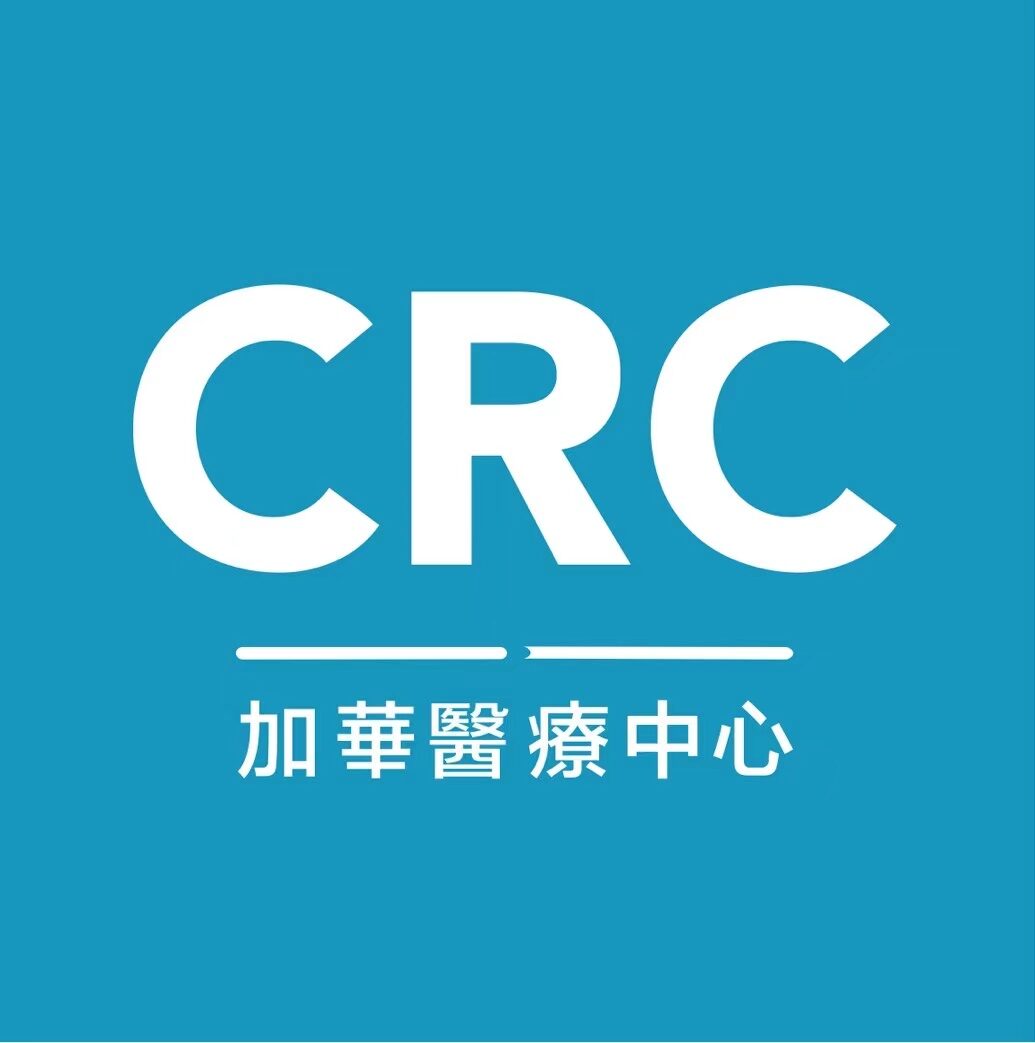Hypertension, or high blood pressure, is a common and frequently-occurring disease. Most people that have high blood pressure belong to primary hypertension; though, a small number of people belong to secondary hypertension. CRC Health Centre will teach you what you need to know about high blood pressure.
What is blood pressure?
As one of the four bodily indicators of general health, blood pressure refers to the pressure of blood against the walls of blood vessels. Too much blood pressure in your blood vessels causes high blood pressure, which over time can harm your organs and blood vessels
What is hypertension?
Hypertension, or high blood pressure, is a medical condition in which blood pressure is higher than normal. Hypertension is often referred to as the “silent killer” because not only can it affect anyone, it has no warning signs or symptoms and can only be diagnosed by measuring blood pressure.
Uncontrolled high blood pressure increases the risk of:
– Stroke
– Heart attack
– Heart failure
– Dementia
What are the reasons for hypertension?
Individuals can have hypertension due to various reasons like too much alcohol consumption or not exercising enough though some of high blood pressure risk factors such as family history, age and gender, cannot be controlled. Having healthy habits can reduce the risk of developing high blood pressure.

What level of blood pressure is considered normal?
In order to maintain good health and lower the risk of stroke, heart disease and other disorders, blood pressure should ideally be less than 120/80 mmHg. If you have diabetes, kidney disease, or any other health concerns, please talk to your doctor about your readings and your treatment options as achieving your ideal levels also depend on your age and overall health.
What are the symptoms of hypertension?
Many patients may be asymptomatic for a long time. Hypertension is diagnosed when blood pressure is found to be elevated during physical examination when individuals seek medical treatment due to complications. The usual signs and symptoms include headaches, vertigo, tinnitus, fatigue and arrhythmia. Irritability, excessive excitation and stunted growth are all symptoms of hypertension in newborns and young children.
Gestational Hypertension
The primary symptoms of gestational hypertension are proteinuria, edema and convulsions.
Menopausal Hypertension
Weakness in the waist and knees and edoema in the limbs are symptoms of menopausal hypertension.

What are the misconceptions of hypertension?
Misconception 1: Antihypertensive drugs have side effects thus you should just take supplements products.
Any medication you take will have side effects, but if you take the medication as prescribed, they might not be as severe. Lifelong hypertension accelerates the development of arteriosclerosis and harms the heart, brain, kidneys, eyes and other important bodily organs. Supplement products’ potential to increase blood pressure has not been scientifically or clinically proven and the specific antihypertensive effect cannot be guaranteed. Antihypertensive drugs, in contrast, have little side effects.
Misconception 2: If you take the medication now, you will need to take it for a lifetime.
Young people are hesitant to take medicine too early because they worry that they will have to take the medication for a lifetime after they start taking the medication now. For some newly diagnosed or young hypertensive patients, the medication can be suitably decreased or even temporarily halted if the blood pressure is controlled to a certain level with lifestyle changes under doctors’ advice. High-risk patients might require lifetime medication and more lengthy treatment.
Misconception 3: If you do not feel anything, there is nothing wrong.
Even if you don’t feel anything, you should still act because it might be too late when you do experience a myocardial infarction, cerebral infarction, or cerebral hemorrhage. Therefore, elevated blood pressure should be checked up upon, whether or not you can feel it.
Misconception 4: You can stop taking medicine when your blood pressure is back to normal.
Your blood pressure may return to normal after you take medication. However, if you stop taking the medication, blood pressure may fluctuate and complications such as myocardial infarction and cerebral infarction will occur.
How to prevent hypertension?
The following are ways to prevent high blood pressure:
– Eating a healthy diet rich in fruits and vegetables.
– Consuming low-fat dairy products, whole grain products and meat substitutes such as beans, legumes, nuts and seeds.
– Consuming foods low in saturated fat and lowering your salt consumption.
– Maintaining your weight within your desired fitness range such as through daily activity for 30 to 60 minutes.
– Limiting alcohol consumption and avoiding smoking.
– Finding strategies to successfully and appropriately control your emotions and release your stress.





